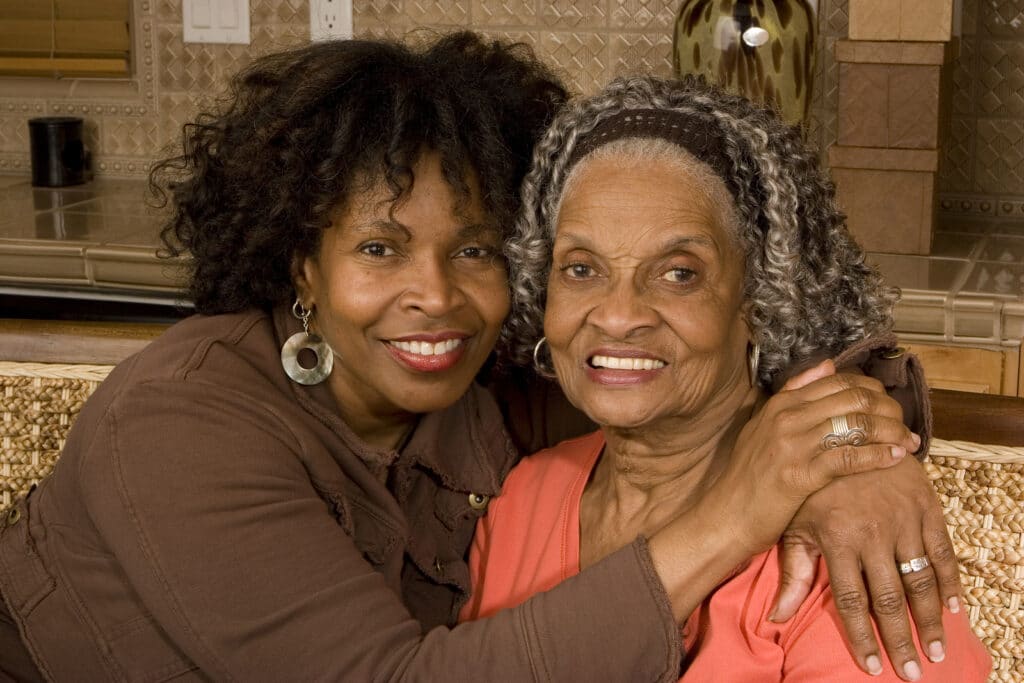If you are a family caregiver for your elderly parent, you have likely noticed changes about your daily life and yourself that have occurred since you started this care.
One that may be particularly upsetting is weight gain. If you’ve noticed a few extra pounds packing on, or have experienced a sudden and serious weight gain, it is important to consider whether your role as a family caregiver may actually be contributing to this.

Recognizing the factors that could allow being a caregiver to contribute to your weight gain allows you to make modifications to your care efforts and your daily life to reduce this risk, maintain your weight, and stay healthier.
Some ways being a family caregiver can make you gain weight include:
-Many family caregivers do not get enough sleep on a regular basis. Being a family caregiver does not eliminate the other needs and obligations in your life, which means you have to balance both sets of obligations and needs effectively. For many people, this means not getting enough sleep on a regular basis. This can be detrimental to health in a variety of ways, but studies have specifically shown that sleep deprivation can lead to weight gain.
-It can be challenging to eat a healthy well-balanced diet when you are running around as much as family caregivers tend to. Your busy schedule can leave you reaching for convenience foods, pre-packaged items, and fast food much more often. At the end of the day, you may not have the energy to prepare a meal and instead order takeout. This diminishes the nutrition you give your body and makes it easier for you to gain weight.
-Adding responsibilities of caring for an elderly adult into your regular routine can cut into the amount of time you have to exercise. That’s can leave you more vulnerable to weight gain.
-Stress, anxiety, and depression are all common among caregivers. These mental health concerns are also contributing factors to weight gain. This is due both to the body’s biology that releases cortisol and increases the storage of fat but also can relate to emotional overeating that frequently occurs along with these concerns.
If your senior’s needs have increased, or you feel for any reason you are not fulfilling them in the way you want to, starting home care for them may be the ideal solution. An in-home senior care services provider can be with your elderly loved-one on a customized schedule to handle the care tasks they need to stay healthy, maintain their safety in their environment, experience more activity at, and find meaning in their daily life. This can reduce your stress and enable you to focus more clearly and efficiently on all other aspects of your life.
If you or an aging loved-one are considering hiring Home Health Care in San Francisco, CA, call the caring staff at Aviva In-Home Care. Call today: (415) 795-2203
Source:
Aarp.org
- Do You Need Help with Personal Care for Your Senior? - September 16, 2019
- Causes and Risk Factors for Shingles in the Elderly - September 12, 2019
- Five Reasons Your Senior Might Need a Daily Routine - September 5, 2019




